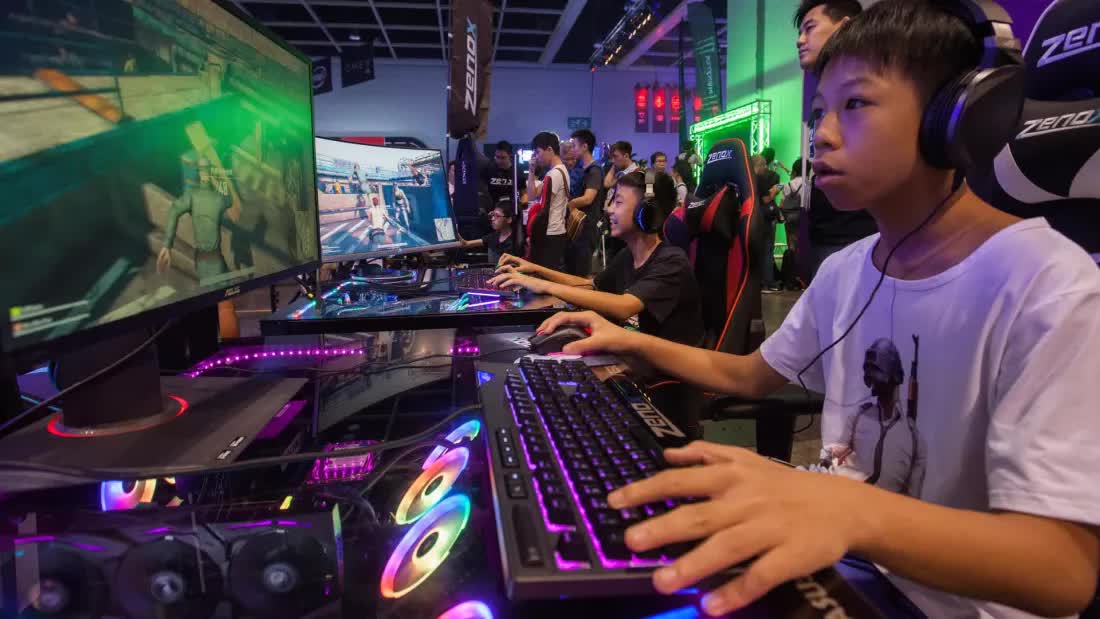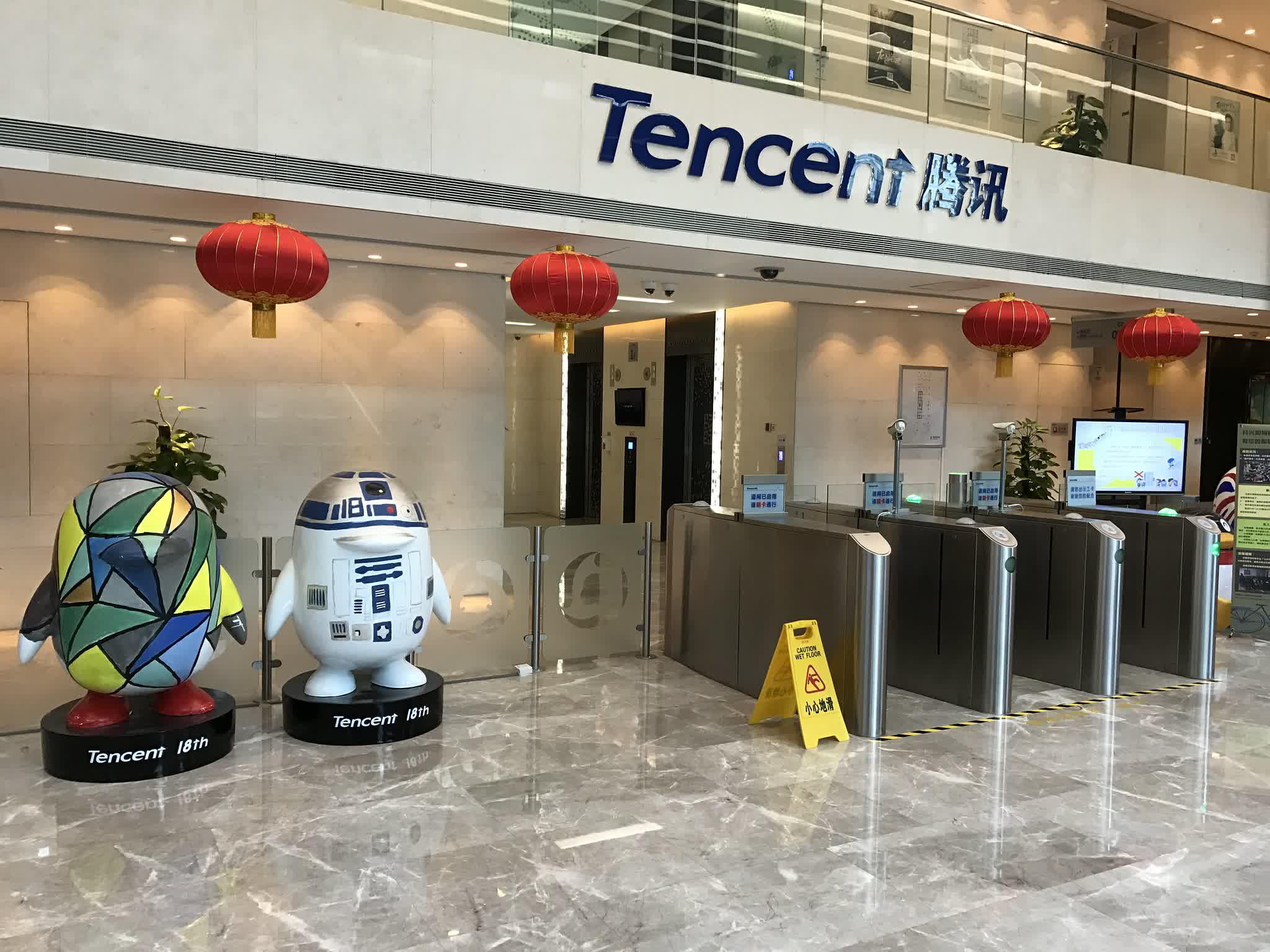In context: Chinese tech giant Tencent isn't having the best of times right now. Many of its problems stem from its home country's strict regulations on granting video game licenses---the company hasn't been able to secure one for 14 months. The situation has seen Tencent post its first ever revenue decline, and it is now placing more focus on overseas markets.
Tencent missed both revenue and profit forecasts in its earnings report for the second quarter as revenue fell 3% year-on-year to $19.78 billion. It blamed the results on disruption caused by China's Covid Zero policy and strict gaming regulations.
The South China Morning Post reports that the Tencent Game Developers Conference saw the company highlight expansion opportunities in overseas markets for both its own games and those from other Chinese developers, with the Middle East, Latin America, and Southeast Asia singled out as growing markets.
China's gaming industry is one of the most heavily regulated in the world. April saw the first ISBN license---required for developers to publish games on the mainland---granted since July last year, but Tencent and NetEase still haven't been handed any licenses for their mobile or PC titles in 2022. The slowdown has seen China's video game market drop 1.8% in the first half of the year as the number of gamers declined by almost one million to 665.69 million.
China also restricts the amount of time under 18s can play online games, a pastime it once called "spiritual opium." Minors were previously allowed a still-harsh one and a half hours on weekdays and three hours on holidays and weekends. That was changed last year to just one hour, between 8 pm and 9 pm local time, on Fridays, Saturdays, Sundays, and holidays. Tencent recently had to publicly refute a rumor that the restrictions would be relaxed during the summer holidays when kids are off school.

We recently reported that Tencent had lost more market cap value this year than any other company in the world. Its stock is down 60% since February 2022, causing the value to crash by $564.1 billion. Another Chinese giant, Alibaba, was second on the list with a $494 billion loss in market cap, followed by Meta with a $302 billion decline.
Tencent has stakes in numerous big gaming companies, including 100% ownership of Riot Games, Sumo Group, and more. It also has part stakes in many others; Epic Games, Supercell, and Ubisoft, to name a few. Its international video game revenue was down 1% to $1.58 billion in Q2, while domestic gaming revenue fell by the same percentage.
Masthead: Chris Yunker
